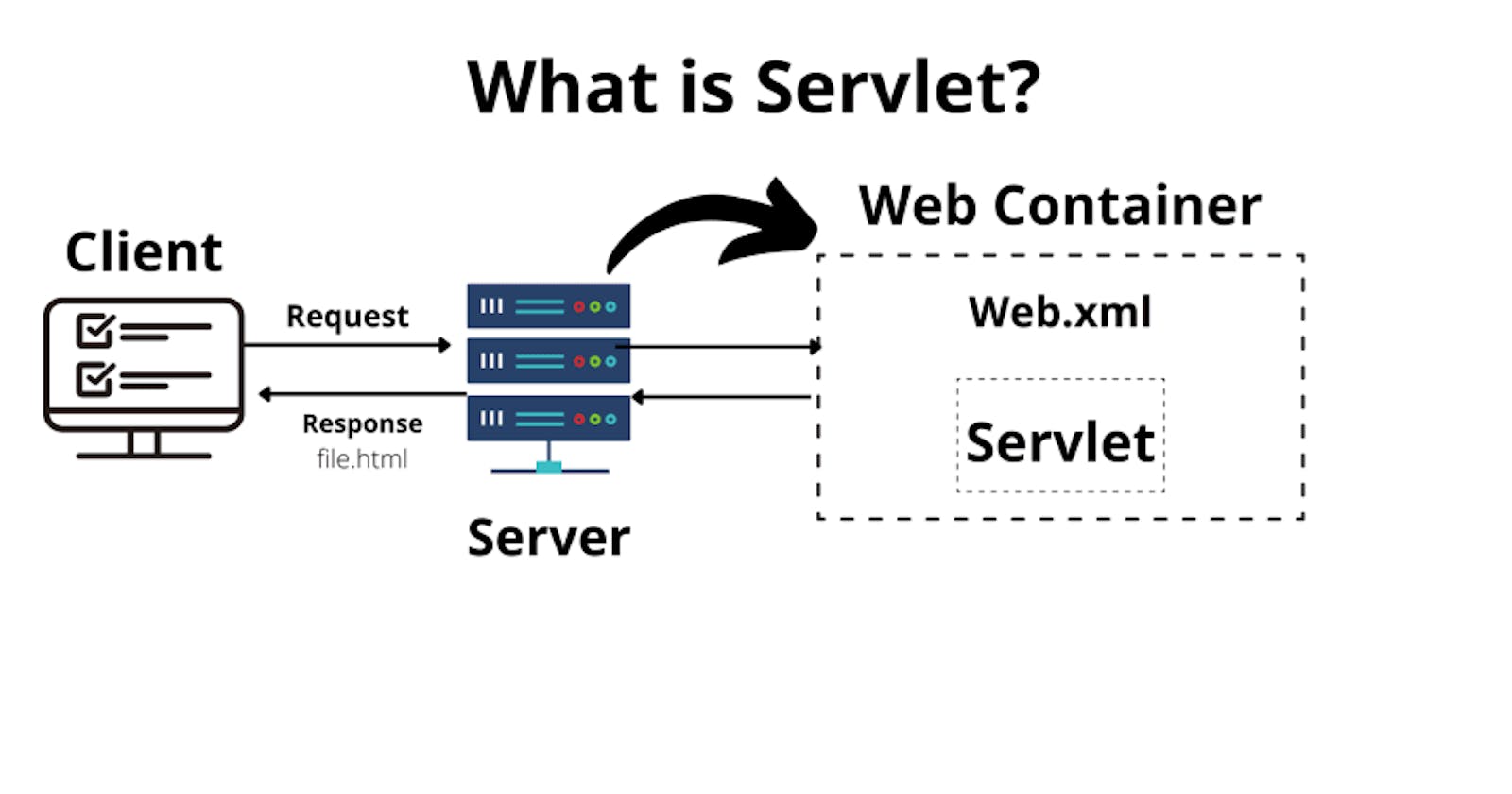The Sequential Approach: Unpacking the Importance of Learning Servlets Before Spring Boot
Table of contents
No headings in the article.
Today, let's explore a strategic learning approach that holds immense value for budding Java developers – the decision to delve into Servlets before venturing into the dynamic realm of Spring Boot.
Establishing a Strong Foundation
Servlets, the backbone of Java web development, lay the groundwork for dynamic web applications. Mastery of Servlets equips developers with essential skills such as handling HTTP requests, managing sessions, and understanding URL mapping – foundational knowledge that proves invaluable when progressing to more advanced frameworks like Spring Boot.
Smooth Transition to Spring Boot
Spring Boot, a robust and widely adopted framework, excels in simplifying Java application development. However, its true power lies in abstracting away complex configurations. By first familiarizing oneself with Servlets, developers gain insights into the nuances of handling web requests, processing forms, and managing sessions. This knowledge forms a robust base upon which the abstractions provided by Spring Boot can be comprehensively grasped.
Insight into the Request-Response Lifecycle
Servlets operate at a lower level, allowing developers to delve into the intricacies of the request-response lifecycle. This understanding is crucial, enabling developers to comprehend the flow of data through an application – from the user's initial request to the server's response. This comprehension becomes indispensable when working with more sophisticated frameworks like Spring Boot, where these processes are abstracted to a higher degree.
Enhanced Debugging and Troubleshooting Expertise
Learning Servlets empowers developers with hands-on experience in debugging and troubleshooting web applications. As Servlets demand explicit configuration and coding, developers become adept at identifying and resolving issues. This skill set becomes invaluable when managing larger, complex projects in Spring Boot, where the ability to pinpoint and rectify problems efficiently is paramount for maintaining application integrity.
Grasping Core Concepts in a Simplified Environment
Servlets offer a straightforward and minimalistic environment for learning. Without the additional layers of abstraction present in Spring Boot, developers can focus on mastering core concepts without feeling overwhelmed. Once these foundational skills are honed, transitioning to Spring Boot becomes a smoother process, as developers are armed with a solid understanding of the underlying principles.
The decision to explore Servlets before delving into Spring Boot is a strategic move that pays dividends in the long run. It not only provides a robust foundation in web development but also sets the stage for a seamless transition to advanced frameworks. So, if you're embarking on your Java web development journey, consider mastering Servlets first – you'll appreciate the foresight when confidently navigating the intricate world of Spring Boot! 🚀 #JavaDevelopment #Servlets #SpringBoot #WebDevelopment #LearningPath

